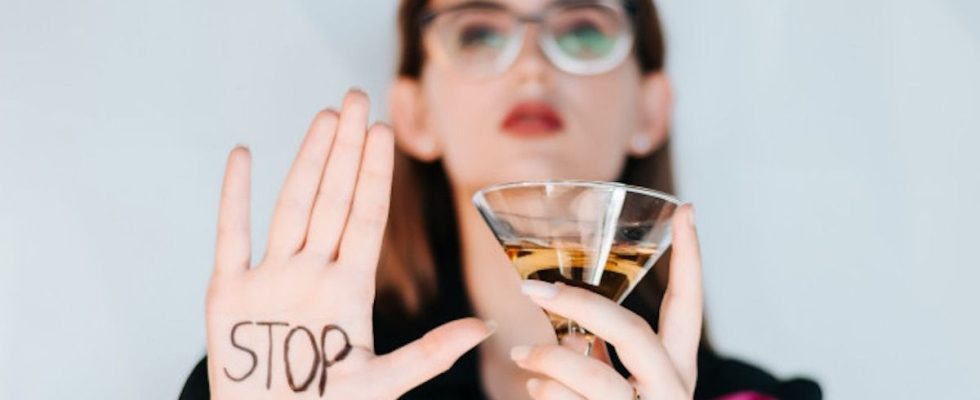Published on
Updated
Reading 2 min.
In recent years, more and more French people have indulged in “Dry January,” which consists of avoiding alcohol for the entire month of January. According to a recent survey, 29% of French people plan to start the year 2024 by trying to take up the challenge!
Non-alcoholic wine, organic fruit juice, ginger beer…. The offer of non-alcoholic drinks is developing at great speed. And that is not to displease the French, if we are to believe a recent OpinionWay survey carried out for the JNPR brand (specialized in the production of alcohol-free spirits): 29% of those questioned say they are ready to take on the challenge of “Dry January”, compared to 13% in 2020.
38% of 25-34 year olds plan to apply it
Launched in England in 2013 by the non-profit organization Alcohol Change UK, the Dry January challenge started with the participation of around 4,000 people, but has since met with great success, turning into a global trend. The initial idea is simple: do not consume alcohol throughout the month of January, in order to cleanse yourself of the excesses of the end-of-year celebrations. In France, the concept began to emerge in 2020, gaining popularity year after year. According to this survey, 75% of French people are aware of the principle and 38% of 25-34 year olds intend to apply it in 2024.
The reasons given are multiple, but as is often the case with this type of challenge, it is the health argument that takes precedence: 45% of respondents say they want to temporarily remove alcohol from their drinking habits in order to feel “in better shape” while 32% want to “counterbalance the effects of the holidays”. The health of the wallet also occupies a prominent place in the list of arguments in favor of alcohol-free January: 25% of those questioned see it as an opportunity to save money financially.
Next comes the excitement of taking on a challenge (23%), the desire to lose weight (21%) or to curb consumption considered excessive (21%). Finally, a minority of people (16%) think they are capable of following the movement for the simple reason that alcohol is already little part of their daily life!
Survey carried out on a sample of 1036 people representative of the French population aged 18 and over.
